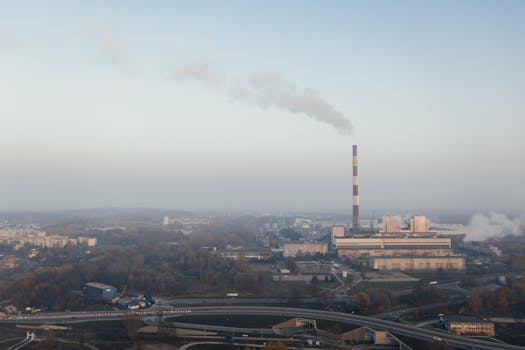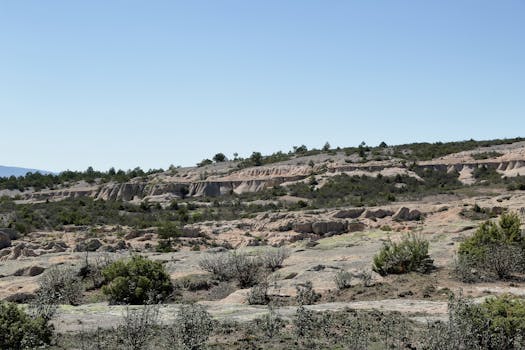
The Impact of Climate Change on Climate Change and Global Ecosystems
Climate change is having a profound impact on global ecosystems, causing rising temperatures, more frequent natural disasters, and altering delicate balances. The consequences of climate change are far-reaching and devastating, affecting not only the environment but also human health, economies, and societies. In this article, we will explore the impact of climate change on global ecosystems and what can be done to mitigate its effects.
Causes and Effects of Climate Change

Climate change is primarily caused by the increasing levels of greenhouse gases in the Earth’s atmosphere, particularly carbon dioxide, methane, and nitrous oxide. These gases trap heat from the sun, leading to a rise in global temperatures. The main causes of climate change are:
- Burning of fossil fuels such as coal, oil, and gas
- Deforestation and land-use changes
- Agriculture and livestock production
- Industrial processes and waste management
The effects of climate change are widespread and varied, including:
- Rising sea levels and coastal erosion
- More frequent and intense natural disasters such as hurricanes, wildfires, and droughts
- Changes in precipitation patterns and water scarcity
- Loss of biodiversity and extinction of species
Impact on Global Ecosystems

Climate change is altering the delicate balances of global ecosystems, leading to a range of consequences, including:
- Changes in the distribution and abundance of plants and animals
- Disruption of nutrient cycles and primary production
- Alterations to the structure and function of ecosystems
- Loss of ecosystem services such as pollination, pest control, and climate regulation
Climate change is also having a significant impact on human health, particularly in vulnerable populations such as the elderly, children, and those with pre-existing medical conditions. The consequences of climate change for human health include:
- Increased mortality and morbidity due to heat stress, air and water pollution, and extreme weather events
- Spread of disease vectors such as mosquitoes and ticks
- Food and water insecurity
- Mental health impacts such as anxiety, depression, and post-traumatic stress disorder
Conclusion

In conclusion, the impact of climate change on global ecosystems is profound and far-reaching. It is essential that we take immediate action to reduce greenhouse gas emissions and mitigate the effects of climate change. This can be achieved through a range of strategies, including:
- Transitioning to renewable energy sources such as solar and wind power
- Increasing energy efficiency and reducing waste
- Implementing sustainable land-use practices such as reforestation and permaculture
- Supporting climate-resilient agriculture and water management practices
- Protecting and restoring natural ecosystems such as forests, wetlands, and oceans
By working together, we can reduce the impact of climate change on global ecosystems and create a more sustainable future for all.






